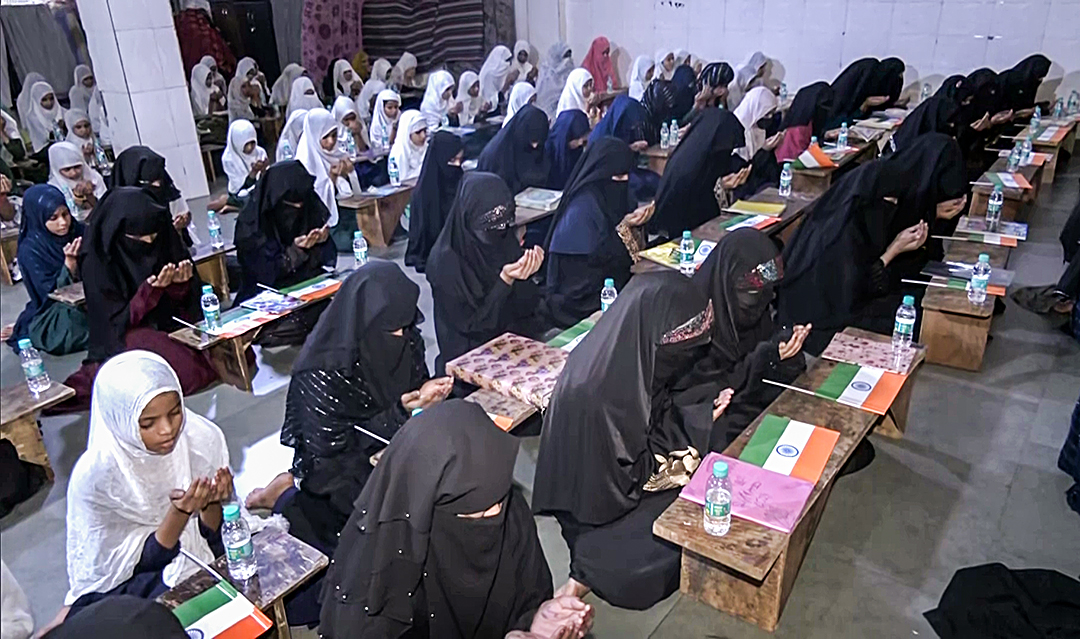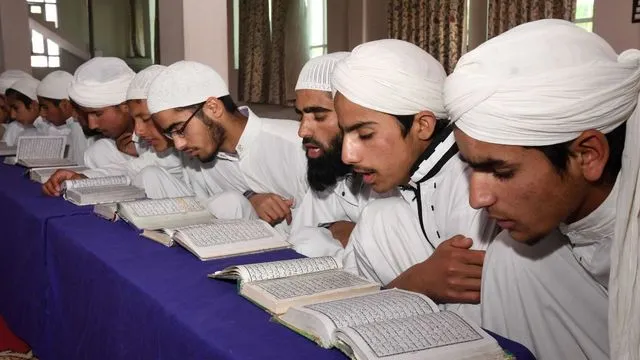- By Kamal Kumar
- Fri, 05 Apr 2024 03:44 PM (IST)
- Source:JND
UP Madrasa Act Latest News: Providing a sigh of relief to hundreds of Madarsas in Uttar Pradesh, the Supreme Court on Friday stayed an Allahabad High Court order which struck down the Uttar Pradesh Board of Madarsa Education Act, 2004, saying that the act was “unconstitutional".
While passing the order, the High Court had asked the state government to accommodate thousands of Madarsa board students to formal schooling under government or private institutions, however, the apex court while imposing an interim stay on the order, also put a temporary hold on this transfer of students.
What is the Uttar Pradesh Madarsa Act
In a bid to streamline the Madrasa education across the state, the government enacted the Uttar Pradesh Board of Madarsa Education Act, 2004. The legislation defined Madarsa education as education in Arabic, Urdu, Persian, Islamic studies, Tibb (traditional medicine), philosophy and other specified branches.
ALSO READ: SC Puts On Hold Allahabad High Court's Verdict Declaring UP Madarsa Act As 'Unconstitutional'
The Board of Madarsa Education under the Madarsa Act was constituted with a chairperson, director, principal from the state-run Oriental College in Rampur, one legislator each representing the Sunni and Shia sects, a representative from NCERT, leaders and educators from Sunni and Shia institutions, and a science or Tibb teacher.

In Uttar Pradesh, there are around 25,000 madrassas, with 16,500 being officially recognised by the Uttar Pradesh Madrassa Education Board. Out of these, 560 madrassas receive financial support from the government. Moreover, there are 8,500 non-recognised madrassas in the state.
Why had Allahabad High Court struck down Uttar Pradesh Madarsa Act
The Act has been deemed unconstitutional for two main reasons. The High Court observed that, firstly, it violated the principle of secularism by favouring Islam, as argued by the petitioner who had said that the Madrassa Act is solely aimed at promoting Islamic education, its teachings, and beliefs."
Secondly, the High Court's decision acknowledged the petitioner's claim that the board's authority in conferring degrees encroaches upon the jurisdiction of the UGC.

